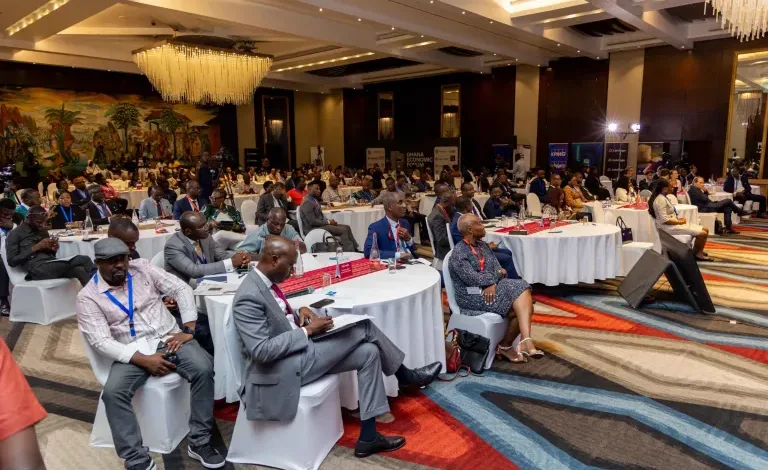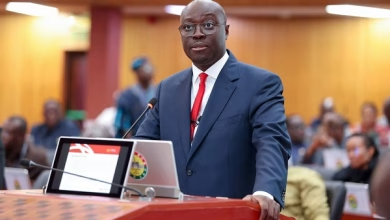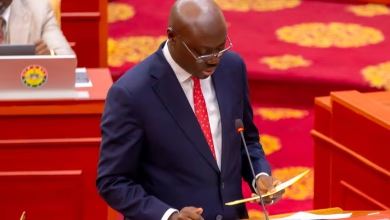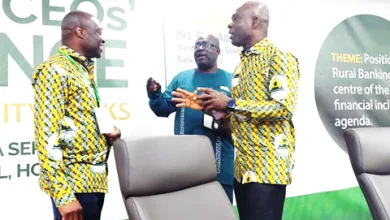SOEs in Ghana Require Radical Overhaul, Experts Say

- Experts gathered at the forum painted a grim picture of SOEs
- This model allows the government to retain ownership
- Experts proposed a comprehensive overhaul
The 13th Ghana Economic Forum turned into a sobering assessment of the state of the nation’s state-owned enterprises (SOEs).
With a collective loss of GH¢1.74 billion in 2021 alone, the financial hemorrhage from these entities has become a persistent drain on the national economy.
Experts gathered at the forum painted a grim picture of SOEs, highlighting systemic issues that have hindered their performance.
At the core of the problem, they argued, is a leadership crisis characterized by a dearth of individuals with the requisite integrity, vision, and strategic acumen to steer these enterprises towards profitability.
The complex web of governance structures surrounding SOEs has also been identified as a major stumbling block.
Overlapping authorities and multiple reporting lines have created a bureaucratic quagmire that stifles efficiency and accountability.
To address these challenges, experts proposed a comprehensive overhaul.
A fundamental shift in leadership is imperative, with a focus on appointing individuals with a proven track record of success and a deep understanding of the business environment.
Streamlining governance structures to mirror the efficiency of private sector organizations is another critical step.
Furthermore, introducing robust performance metrics with clear consequences for underperformance is essential to hold leadership accountable.
Transparency is also key, with experts advocating for increased media scrutiny and civil society involvement in monitoring SOE performance.
Embracing technology is seen as a catalyst for transformation. By leveraging digital tools, SOEs can improve efficiency, reduce costs, and enhance service delivery.
However, the focus should extend beyond technology adoption to a cultural shift towards a performance-driven mindset.
While complete privatization may not be feasible for all SOEs, exploring public-private partnerships could be a viable option.
This model allows the government to retain ownership while benefiting from private sector management expertise.
The road to reforming Ghana’s SOEs is undoubtedly challenging, but the experts’ recommendations offer a roadmap for transforming these entities from financial burdens into engines of economic growth.
By implementing these measures, Ghana can unlock the immense potential of its SOEs and contribute significantly to national development.
The question now is whether the government will have the political will to undertake the necessary reforms and whether Ghanaian citizens will hold their leaders accountable for the successful transformation of these vital institutions.






